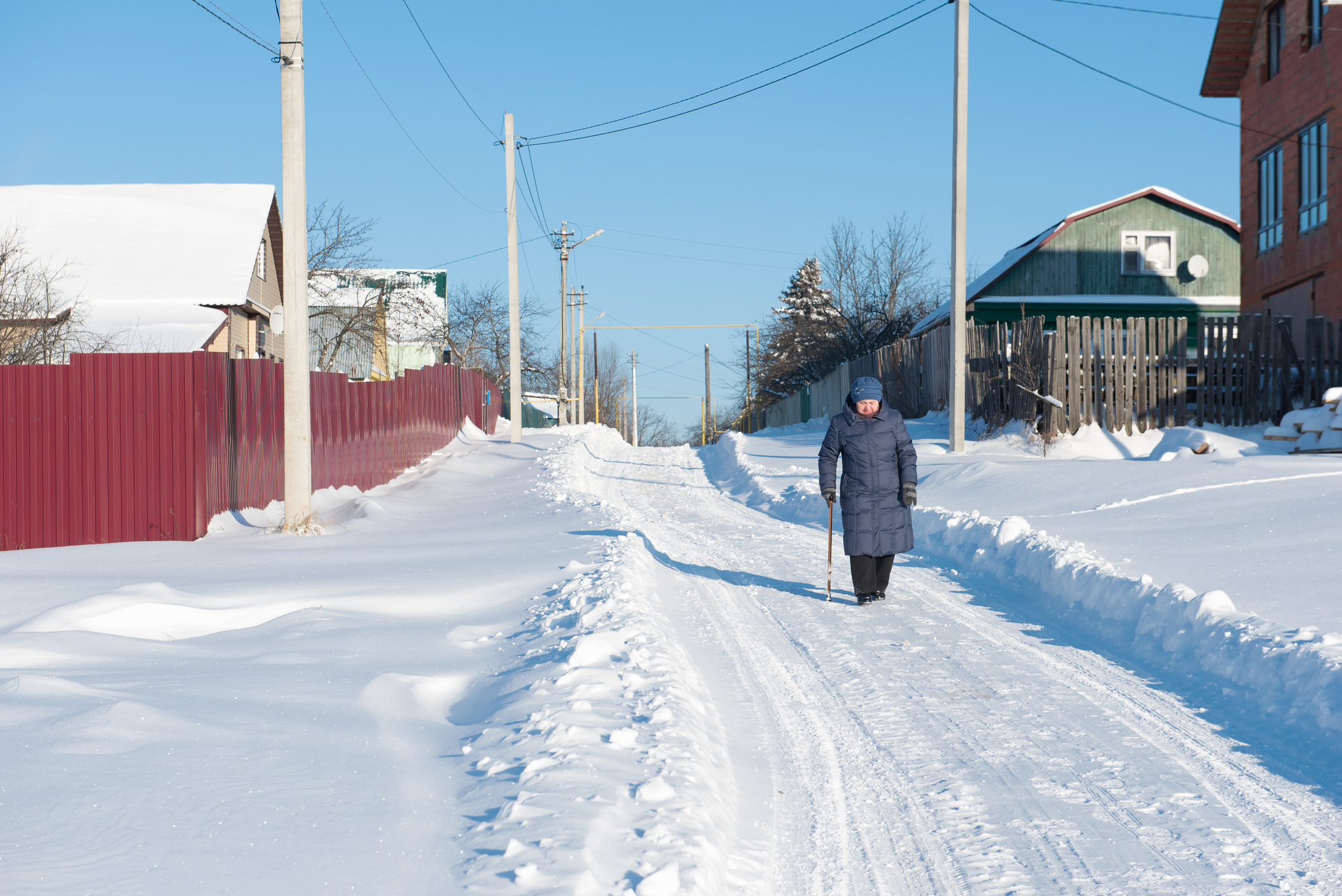As the first few flakes of snow fall on leaves yet to be raked, skiers and snowboarders get a tingle of excitement at the coming season. But for seniors, the winter months with it’s snow and ice is often “hip season,” when the fear of falling and breaking a hip or suffering another injury that jeopardizes independent living, is paramount.
Falls are the leading cause of injury-related deaths among older adults and are the most common cause of traumatic brain injury. According to the Centers for Disease Control and Prevention, more than 250,000 hip fractures are reported in the United States each year and 95 per cent are the result of a fall. It is estimated that 1 in 3 seniors fall each year but because many older adults fear losing their independence, they fail to report falls to family or their physician.
It’s important for older adults to stay active during the winter months but wary of falling, many avoid walking outdoors and seniors may become sedentary during the cold weather which places them at increased risk for loss of function. Social isolation is also a concern for seniors who venture out less as the weather present problems with transportation to local community centers, shopping malls or places of worship.
Planning ahead will help older loved ones stay socially engaged and physically active this winter. If winter driving is a problem, family can help seniors investigate alternative transportation or communicate with friends and family to set up a visiting and driving schedule.
Tips for Safer Winter Outings
- Keep sidewalks and driveways clear of snow and well salted or sanded for better traction
- Invest in good winter boots with non-skid soles
- Use over-boot traction cleats for walking in snow and ice
- Install handrails on stairs
- Keep pathways well lit
- Attach ice picks to canes tips in icy weather
- Drivers should use winter tires and check antifreeze, tires and wipers before driving
- Keep emergency supplies in vehicle
- Don’t forget a charged mobile phone before venturing out
- Stick to major roads which are usually plowed and sanded first
- Wear hip protectors
For more tips on walking safely in the winter, visit the Canada Safety Council website by following this link.







Thanks for the tips!